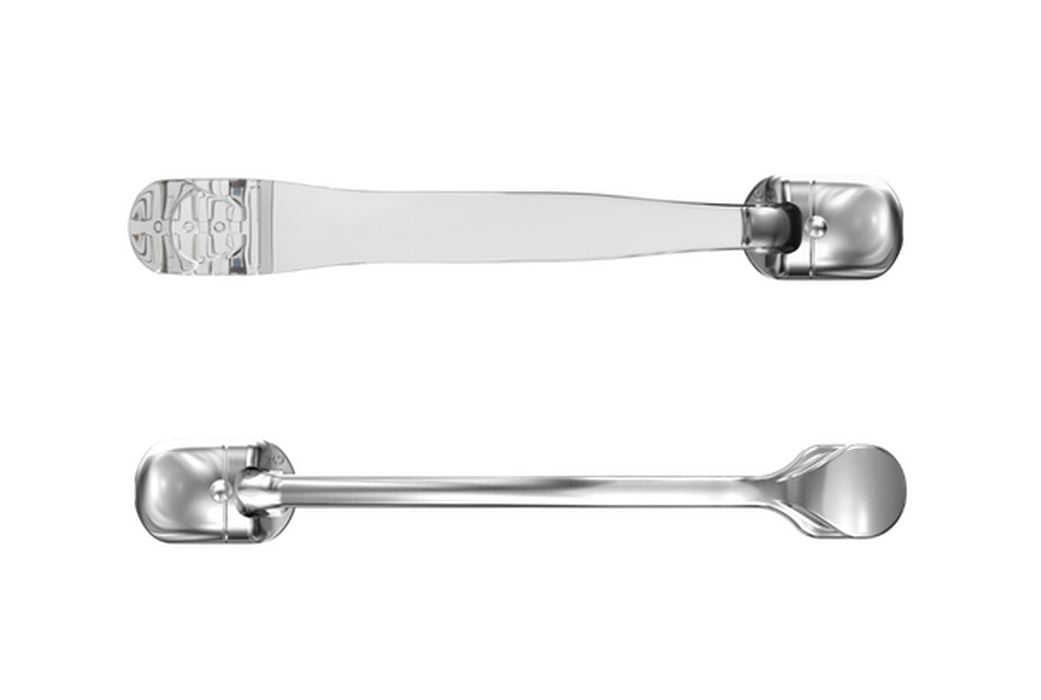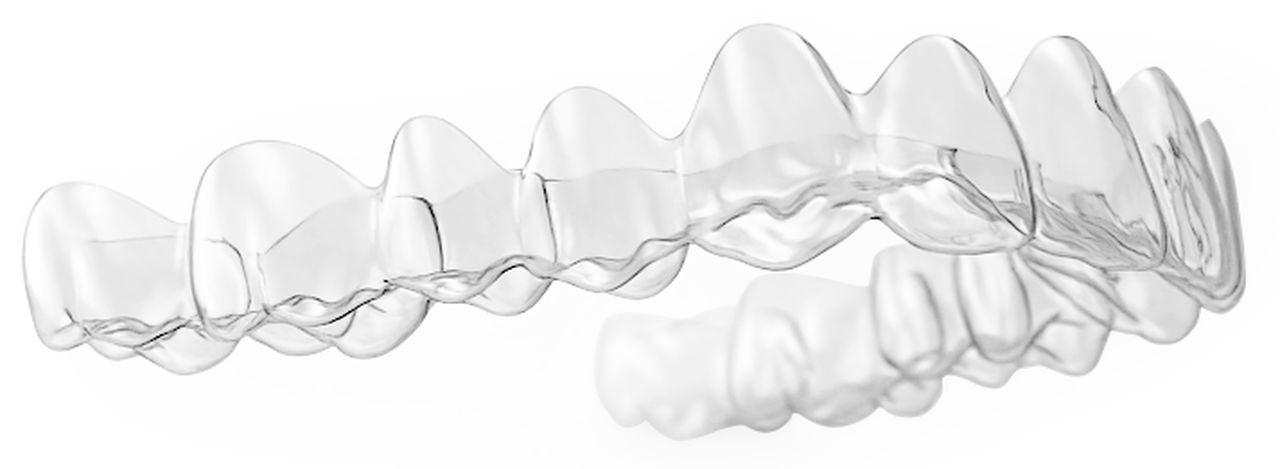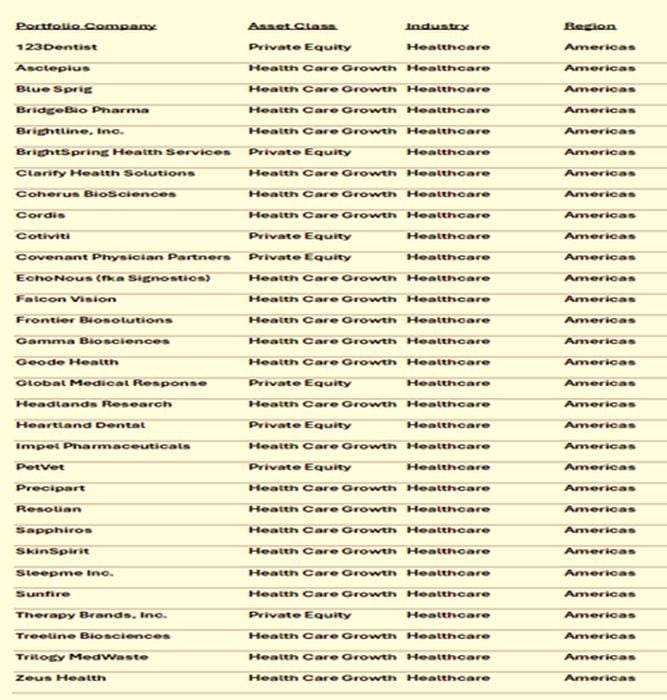
Charles R. Goulding and Preeti Sulibhavi explain how KKR’s investment in Henry Schein signals a transformative shift in medical and dental supply chains, with 3D printing at the forefront.
In January 2025, private equity firm KKR announced a strategic investment in Henry Schein, a Long Island-based, leading distributor of medical and dental supplies. KKR acquired a 12% stake in the company, with plans to increase its holding to 14.9%. This move includes the addition of two KKR-appointed independent directors to Henry Schein’s board, signaling a collaborative effort to enhance the company’s operations and market position.

Market Valuations
As of January 2025, Henry Schein’s market capitalization stands at approximately US$9.5 billion.
KKR, a global investment firm, boasts a market capitalization of around US$50 billion, reflecting its extensive portfolio across various industries.
Henry Schein’s 2024 Performance
In the third quarter of 2024, Henry Schein reported net sales of US$3.2 billion, marking a 0.4% increase compared to the same period in 2023.
The company employs over 3,860 field sales consultants and approximately 1,950 tele-sales representatives worldwide, underscoring its expansive reach in the healthcare sector.

KKR’s healthcare businesses should be able to benefit from Henry Schein’s extensive distribution network.
Product Distribution: Dental vs. Medical Supplies
Henry Schein is renowned for its comprehensive range of products catering to both dental and medical practitioners. While specific distribution ratios are proprietary, the company’s extensive catalog includes dental equipment, consumables, and technology solutions, as well as medical supplies and services tailored for office-based healthcare providers.
3D Printing Dental Integration
The dental industry is a heavy consumer of 3D printing technology. Henry Schein has been at the forefront of integrating 3D printing technology into dental practices and laboratories. The company not only utilizes 3D printing internally but also supplies advanced 3D printers to dental professionals, enhancing the precision and efficiency of dental procedures.
Examples of 3D Printing Applications:
- Dental Implants: Utilizing 3D printers, custom dental implants are fabricated to match the patient’s anatomy, improving fit and comfort.
- Orthodontic Aligners: 3D printing enables the production of clear aligners tailored to individual patient specifications, streamlining the orthodontic treatment process.
- Surgical Guides: Customized surgical guides are created using 3D printing to assist dentists in precise implant placement, reducing surgery time and enhancing outcomes.
- Prosthetics: The technology allows for the creation of accurate dental prosthetics, such as crowns and bridges, ensuring a better fit and aesthetic appeal.
Last October, it was announced that KKR had increased its investment in Heartland Dental by over US$1 billion. The Henry Shein investment demonstrates that KKR has a major overall dental strategy. KKR made a previous investment in Heartland in 2018, for a controlling interest, of approximately US$2.8 billion.
Now in February of 2025, KKR has said that it would increase its investment in three companies (including Heartland Dental) by US$1.1 billion in total. These investments are hoped to increase earnings for this vertical.
KKR’s Recent Investments in Industrial Manufacturers
Today’s sophisticated dental labs utilize machine shop technologies including CNC machining tools.
Recently, KKR invested in Precipart, a New York-based industrial products manufacturer specializing in precision components, including those produced through additive manufacturing. Additionally, in late 2023, KKR acquired industrial manufacturer, Circor, a company known for its flow control products and services, further expanding its footprint in industries benefiting from 3D printing advancements.
Exposure to KKR’s leading industrial manufacturers should enable Henry Schein to provide enhanced dental lab product offerings.
Advancing 3D Printing in Healthcare
The partnership between KKR and Henry Schein is poised to accelerate the adoption of 3D printing technologies in the medical and dental fields. By leveraging KKR’s investment and strategic guidance, Henry Schein can enhance its product offerings, streamline operations, and provide innovative solutions to healthcare practitioners. This collaboration underscores a shared commitment to advancing patient care through technological innovation.
The Research & Development Tax Credit
The now permanent Research and Development (R&D) Tax Credit is available for companies developing new or improved products, processes and/or software.
3D printing can help boost a company’s R&D Tax Credits. Wages for technical employees creating, testing and revising 3D printed prototypes are typically eligible expenses toward the R&D Tax Credit. Similarly, when used as a method of improving a process, time spent integrating 3D printing hardware and software can also be an eligible R&D expense. Lastly, when used for modeling and preproduction, the costs of filaments consumed during the development process may also be recovered.
Whether it is used for creating and testing prototypes or for final production, 3D printing is a great indicator that R&D Credit-eligible activities are taking place. Companies implementing this technology at any point should consider taking advantage of R&D Tax Credits.
Conclusion
KKR’s significant investment in Henry Schein not only strengthens the company’s market position but also highlights the growing importance of 3D printing in healthcare. As both organizations collaborate, the integration of advanced manufacturing technologies is expected to play a pivotal role in shaping the future of medical and dental practices.
